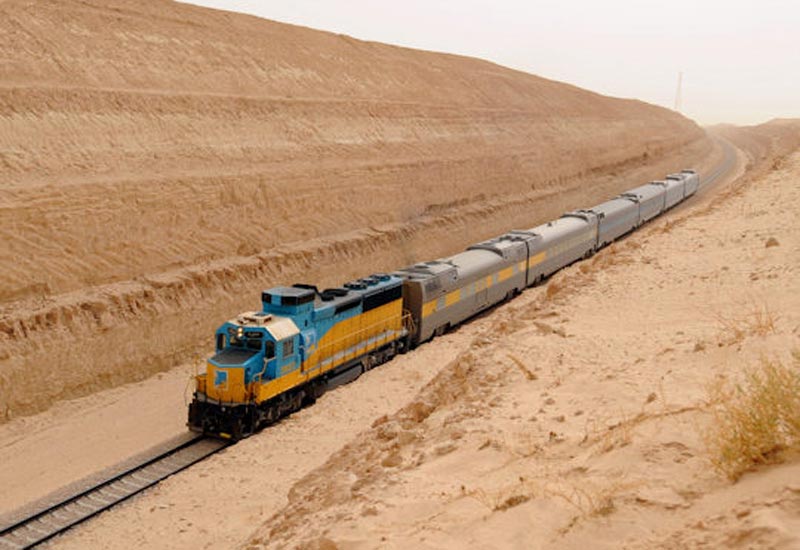Saudi Railway Company (SAR), the kingdom’s national railway agency, and Chinese technology firm Huawei have agreed to work together to transform Saudi Arabia’s railway sector.
The memorandum of understanding signed between the two companies calls for joint development efforts in the field of smart railway, a Huawei statement said.
Design and innovation initiatives will include “the application of next generation railway wireless network, internet of things, artificial intelligence, cloud services and 5G across SAR’s railway network.”
SAR invited consultancy firms to bid by August for the contract to review and update the railway masterplan.
The steps to be fulfilled for the maserplan
The existing masterplan proposed a total of 9,900 kilometres of railway and broke down to three phases. Stage one covered the period from 2010-25 and set out plans for the construction of 5,500km of track. The second period covered 2026-33 and involved building 3,000km of track. The third and final segment covered 2034-40, and proposed the construction of 1,400km of track.
Under stage 1, several specific projects were identified. These included the double line upgrade of the existing two lines between Dammam and Riyadh. Additionally, the Saudi Landbridge between Riyadh and Jeddah, and between Dammam and Jubail as well as the Haramain high-speed railway connecting Mecca, Jeddah and Medina. Furthermore, it also included the North-South mixed traffic line between the northern regions, Ras al-Khair/Jubail and the capital Riyadh.

US Tariffs are shifting - will you react or anticipate?
Don’t let policy changes catch you off guard. Stay proactive with real-time data and expert analysis.
By GlobalDataThe total required investment for the masterplan is estimated to be SR365bn ($97.3bn). Early estimates are that the first phase will cost SR63bn, the second phase SR209bn and the final phase SR93bn.
Of the four projects identified in stage 1, only the North-South Railway and Haramain High-Speed Railway have so far been delivered. However, the Riyadh-Dammam railway upgrade and Saudi Landbridge project are still in the study and design stage.
Both are expected to be developed using a public-private partnership (PPP) model.
SRO abolished by the SAR
In February, Saudi Arabia’s council of ministers approved the decision to make SAR the national railway agency and abolish Saudi Railway Organisation (SRO). This has meant transferring ownership of SRO’s rail assets, which include the Riyadh-Dammam railway and Haramain high-speed rail network, over to SAR.
SAR’s remit previously only included the North-South railway and the lines linking to the Waad al-Shamal mineral industries, in addition to the planned Saudi Landbridge project.
The restructuring process in the kingdom’s transport sector began in 2016, when all fixed railway infrastructure assets being managed by SRO were transferred to SAR. This next step entails transferring all rolling stock and railway operations to SAR, a process set to take two to three years.






